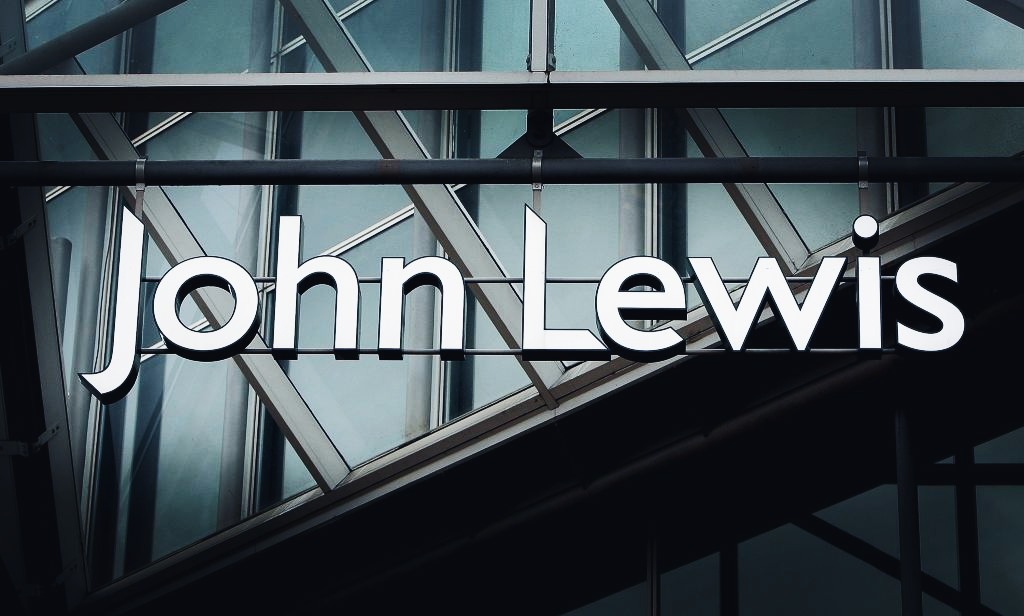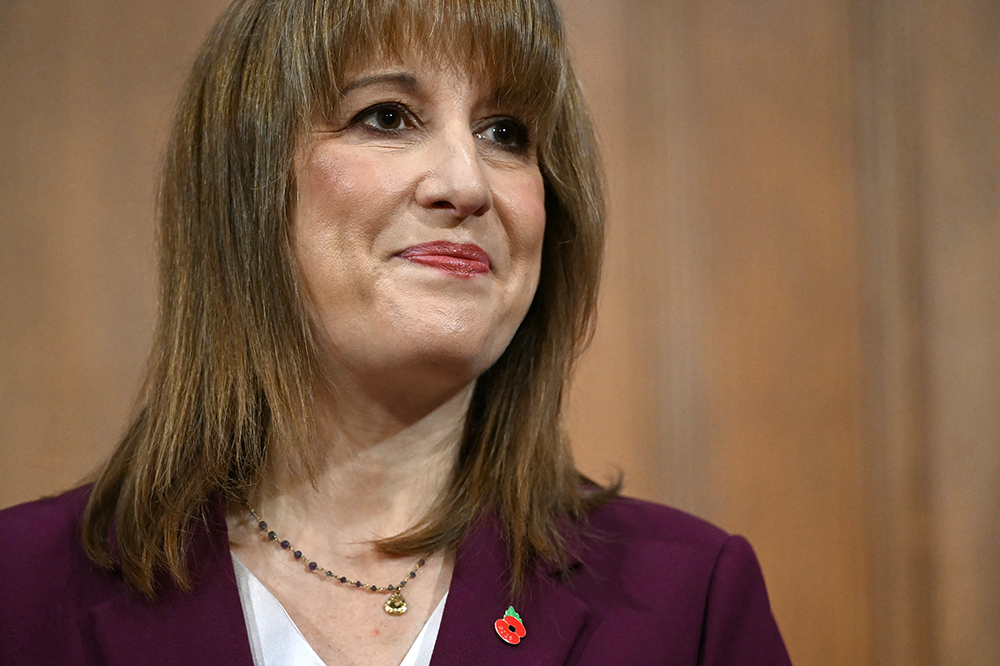Growth has ground to a halt, manufacturing is collapsing, and the government is desperately scratching around for ways to save some money so it can balance the books. There is not much to make anyone feel optimistic about the state of the British economy right now. Except, that is, for the healthy performance of the UK’s traditional, mid-market retailers.
Marks & Spencer and Tesco are both in rude health. Now, John Lewis, which has reported a rise in pre-tax profits of 73 per cent to £97 million, is the latest retailer to demonstrate its ability to bounce back.
After years of steep losses under the hapless leadership of the former civil servant Dame Sharon White, John Lewis has finally turned the corner. Its first results under its new chairman Jason Tarry, which demonstrate a steep rise in profits, are nothing short of remarkable.
The firm’s famous staff bonus has not yet been restored, with John Lewis saying it wants to reinvest in its retail business and employees’ base pay. But what is clear is that this is a business on the mend: sales are back up again, both at its department store, and its Waitrose supermarket chain.
There is a growing list of traditional British retailers that have managed to turn around their fortunes. Tesco hit a crisis almost a decade ago, but it has since returned as the largest grocery retailer in the UK, and the share price has almost doubled over the last ten years. M&S at one point seemed close to collapse, with its odd mixture of slightly dowdy clothes and over-priced ready meals making little sense to consumers, but has successfully turned itself around, and the share price has risen by 258 per cent over the last five years. Next goes from strength to strength, snapping up less successful brands such as Fat Face and Reiss. Even Debenhams might be making a surprise comeback, with the fast fashion retailer Boohoo this week announcing that it was renaming itself after the department store it acquired in 2021 and turned into an online-only brand.
There is perhaps a lesson in that. Each turnaround has something in common. The management has given up on expanding abroad, or diversifying into finance, or property, or anything else, and just concentrated on selling tasteful, safe products at a fair price. After all, through the ups and downs of the economy, and despite plenty of disruption from technology, the British middle classes remain resilient, and they love to shop. An afternoon at the mall or on the high street, a coffee, buying something new to wear or for the house: this remains many people’s idea of a good weekend. The retailers who can meet that demand will always endure. Perhaps we are a nation of shopkeepers after all.







Comments